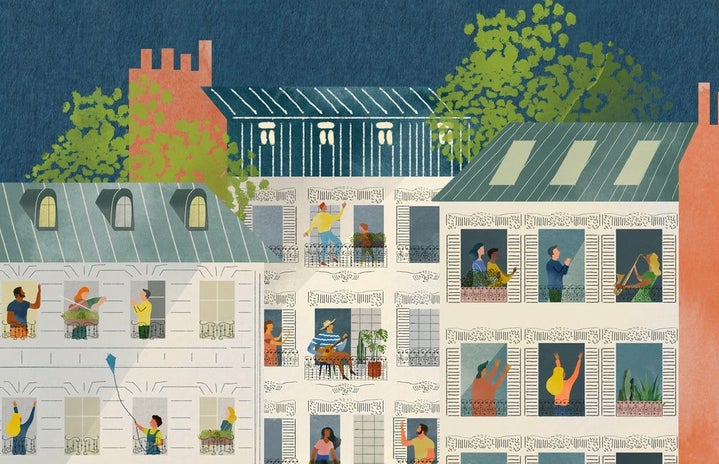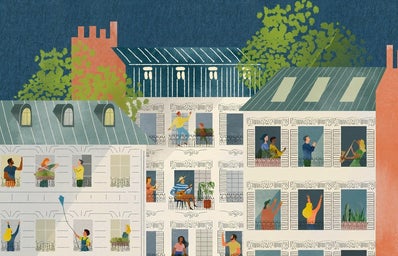Whenever I tell someone what I am majoring in, they usually respond with something like, “So…what does that mean?” or “What are you going to do with that?” As a Community and Regional Development (CRD) major at UC Davis, it is sometimes difficult to summarize the major in a way that people will truly understand. I often end up saying something like “it’s really interdisciplinary”, or “it’s like a mixture of social work and city planning.” While it certainly is interdisciplinary, and it could lead to careers in social work or city planning, there are so many more aspects to this program that make it truly unique. I may be biased, but I feel blessed to have found a major that I find truly fascinating, and I hope that this article will help other students interested in CRD better understand what the major entails.
I started undergrad as a Cultural Anthropology major, with a hope to learn more about communities and how to help people. I learned pretty quickly that Anthropology, while interesting for some, was not what I had expected or what I was looking to study for the next four years of my life. However, in an education class that I took on a whim, I met a couple of students who were CRD majors. I had never heard of the major before, and based on the interests and internships those students were doing, I was intrigued. I enrolled in an intro CRD course in the spring, and by the following fall I had switched majors.
After starting as a faculty member at UC Davis in 1976, Dr. Isao Fujimoto founded the Community Development Graduate Group and the Department of Asian American Studies. As the Community Development program grew, a major in Community and Regional Development was created for undergraduate students. As a community activist for ethnic studies programs, farmworkers’ rights, and sustainable agriculture, as well as a sociologist for the California Institute of Rural Studies, Dr. Fujimoto had a large impact on communities and people across California and around the world.
Work like that of Dr. Furjimoto’s is exactly what a major in CRD is centered around. The classes work to educate students about how people have been historically oppressed and marginalized by the way communities are built and organized, through practices like redlining or urban renewal. I have taken classes that cover a wide variety of topics including housing development, nonprofit organizations, youth empowerment, technological evolution, environmental justice, methods for social science research, and more. I’ve had projects where I was encouraged to attend city council meetings, find and analyze data for a group research project, and write a report about the supply chain and commodity system of a product.
While I have liked most of my CRD classes, that is not to say the major is easy. Most of the upper-division courses require at least one paper of 10 pages or more. I’ve had to push myself to strengthen my writing skills for research papers, learn how to skim hundreds of pages a week while retaining the most crucial information, and adapt quickly to some of the more atypical assignments. Additionally, CRD majors are required to take a variety of non-CRD courses which are chosen based on their track. The CRD tracks include Policy and Planning and Social Services, Organization and Management, and Global Community. For more information, I recommend checking out the CRD Program webpage.
While I am not yet sure exactly what type of career I may pursue after graduation, I still have a year and a half to explore my options. Community-based research, nonprofit work advocating for basic needs access, youth program development, and city parks or government jobs are all careers I am interested in, and I am looking forward to a future of learning more about community-based work. If you are a student who is interested in advocacy, nonprofit work, or community-based social science research, I highly recommend taking a CRD class. Who knows, maybe it will inspire you to change your major too.


